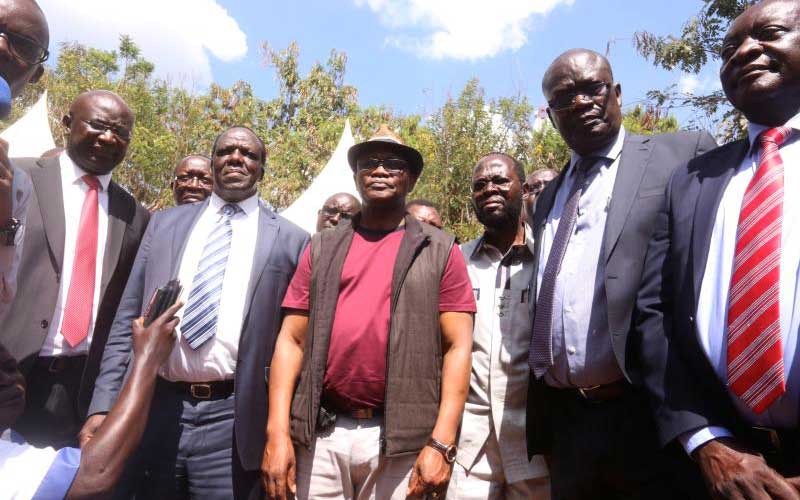×
The Standard e-Paper
Fearless, Trusted News

The Lake Region Economic Bloc (LREB) technocrats are racing against time to prove that the regional entity can be revived
But the bloc’s fifth summit held in Siaya County this week was poorly attended, sending the wrong signals and fears of a premature death.